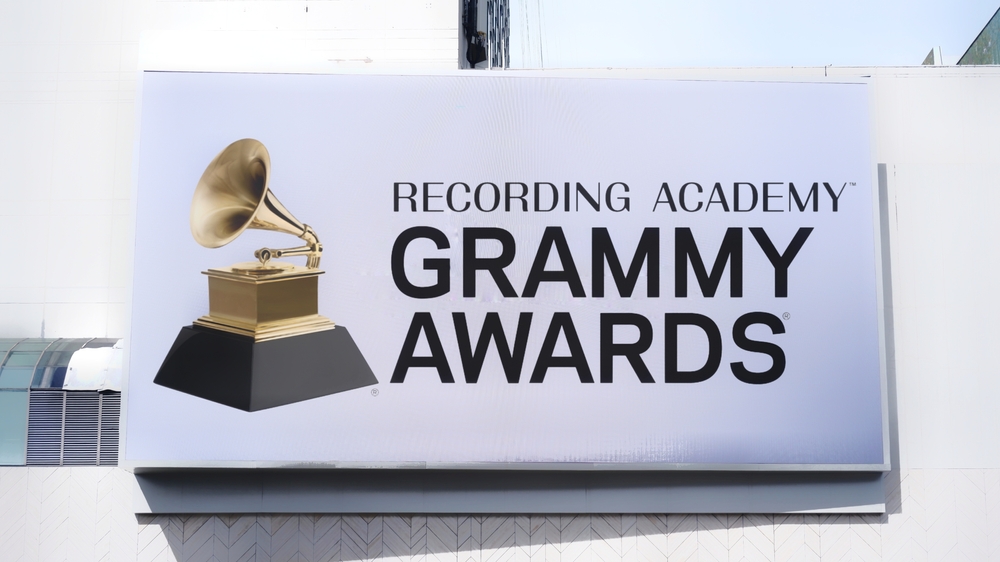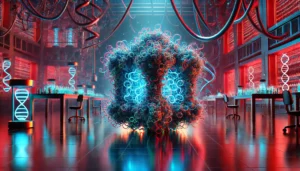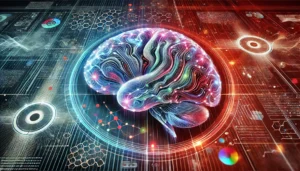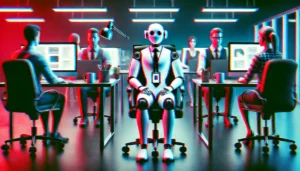The line between human creativity and AI-generated art is blurring, with debates swirling around whether AI-generated music should be eligible for awards, including Grammys.
Earlier in the year, the AI-generated song “Heart on My Sleeve” mimics the voices of rap and R&B artists Drake and The Weeknd.
Created by an anonymous artist named Ghostwriter, the track went viral upon its release in April and has since been submitted for two of the music industry’s most prestigious awards – Best Rap Song and Song of the Year.
Listen to the song below. One commenter quips, “Now Drake and The Weeknd know how it feels when a Drake and The Weeknd song drops.”
https://www.youtube.com/watch?v=7HZ2ie2ErFI
On September 5th, The Recording Academy’s CEO, Harvey Mason Jr., told The New York Times that the song was “absolutely eligible because it was written by a human.”
The Recording Academy organizes and manages the Grammy Awards.
However, Mason clarified that Grammy rules also require a song to have “general distribution,” defined as being widely available through brick-and-mortar stores, third-party online retailers, and/or streaming services.
This was a sticking point for “Heart on My Sleeve,” as it was removed from YouTube and other streaming platforms after Universal Music sent “takedown notices” to its digital streaming providers (DSPs).
Nevertheless, the song reappeared on the internet, uploaded by unofficial third parties, and Ghostwriter’s representatives noted they were “aware of the commercial availability requirement.”
While the song has been an online sensation and source of high-profile debate, its existence raises questions about the future of AI in the arts and creative industries.
The Music Academy itself has veered from one direction to another, stating earlier in the year that “a work that contains no human authorship is not eligible in any Categories.”
But what is ‘authorship?’ Is it purely writing music and lyrics? What about using AI to partially create melodies or samples? AI distorts definitions that were once clear-cut.
Mason later expanded on his comments, stating, “What we intended to say was that material using AI can be submitted, but the human portion of the composition, or the performance, is the only portion that can be awarded or considered for a Grammy Award.”
This means that if a song’s lyrics and composition are human-created, then that part of the track could be eligible for an award, an extremely confusing stance, if not absurd.
The Record Academy CEO later provided clarity…for the time being, at least
In the last 24 hours, the Recording Academy attempted to clarify its stance on the song’s eligibility for a Grammy Award.
In a video on Instagram, Harvey Mason Jr. declared that the song would not qualify for an award, contradicting his earlier statement that indicated the song was “absolutely eligible because it was written by a human.”
View this post on Instagram
Mason Jr. clarified the Academy’s stance, stating, “Even though it was written by a human creator, the vocals were not legally obtained; the vocals were not cleared by the label or the artists; and the song is not commercially available. Because of that, it’s not eligible.”
The discussion about the use of AI in music extends beyond just the Grammys.
Various streaming platforms, including YouTube, Spotify, and Apple Music, are wrestling with how to handle Ghostwriter’s music.
For now, while Mason Jr. suggests that the rules may “have to evolve and change,” it remains clear that for now, the use of AI-generated vocals that are not legally cleared will disqualify a song from Grammy consideration.
Most will consider that a fair decision, though the broader ethical debate surrounding AI-generated art rages on.





